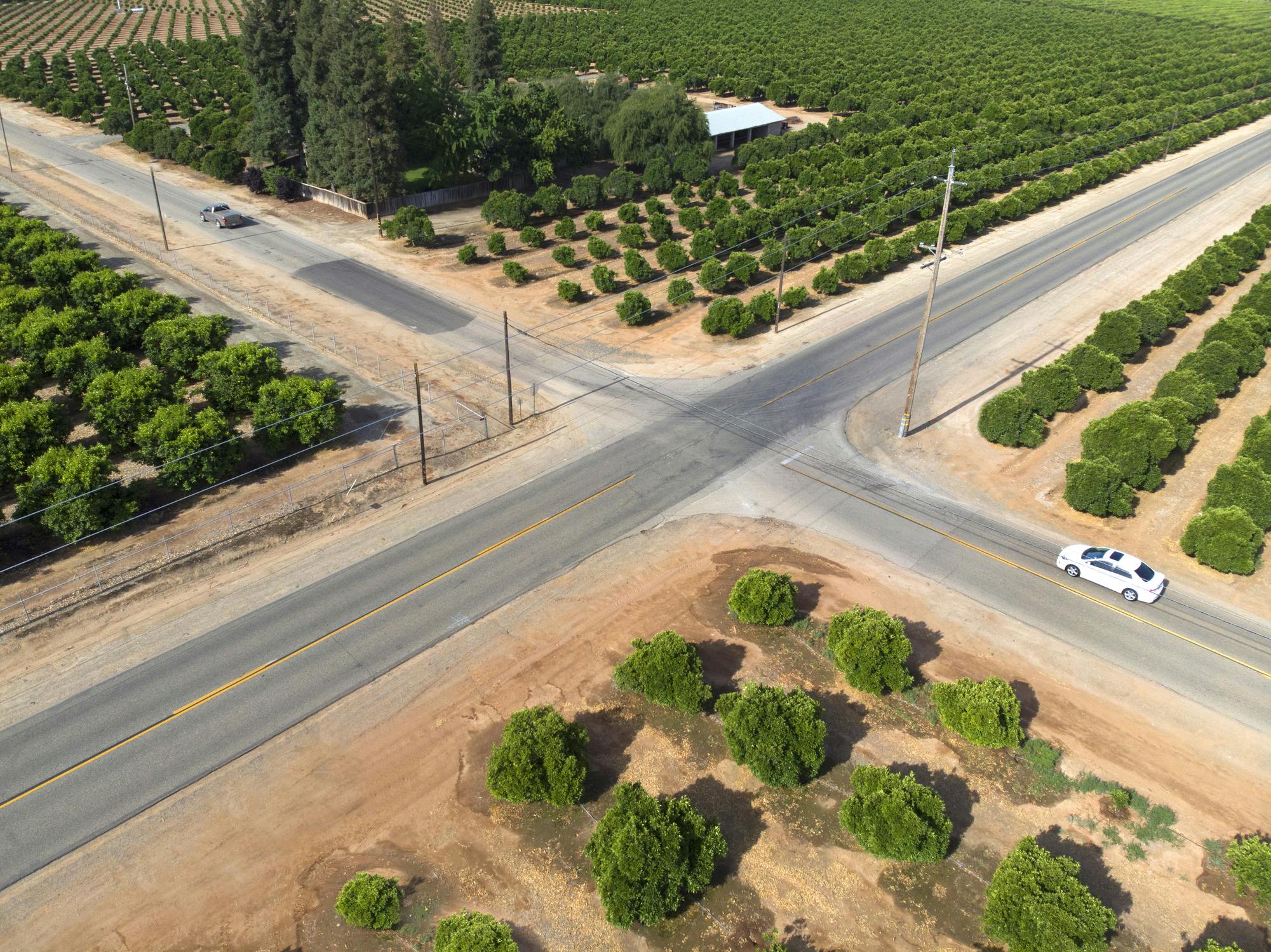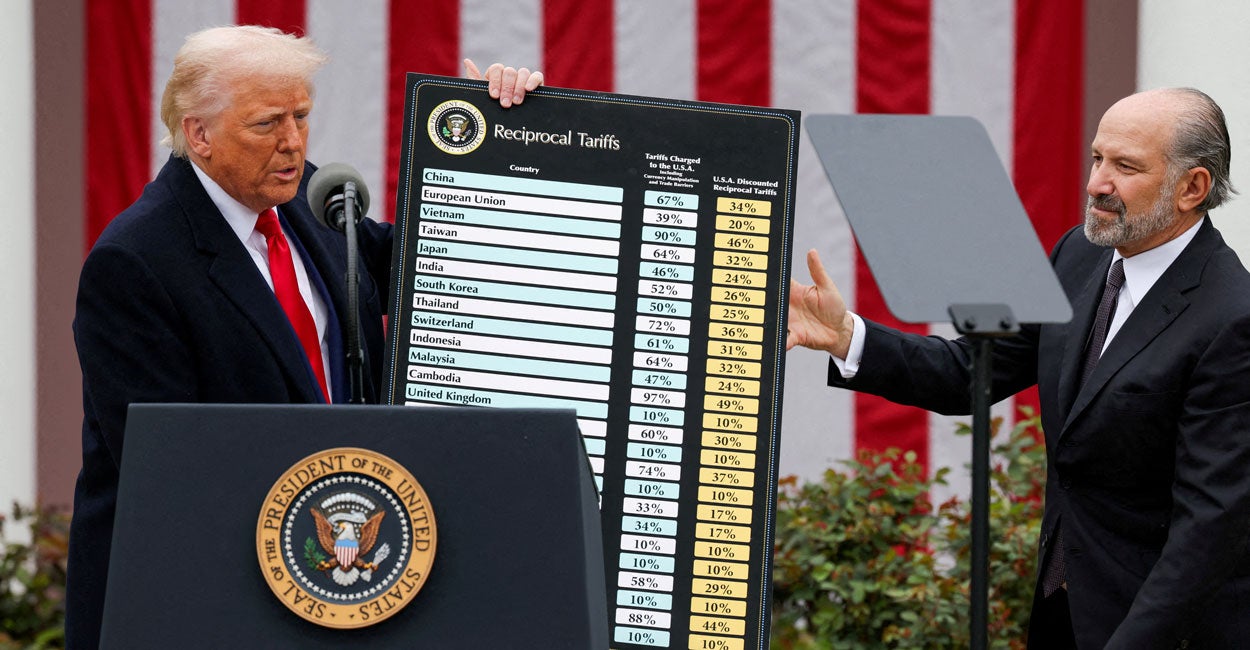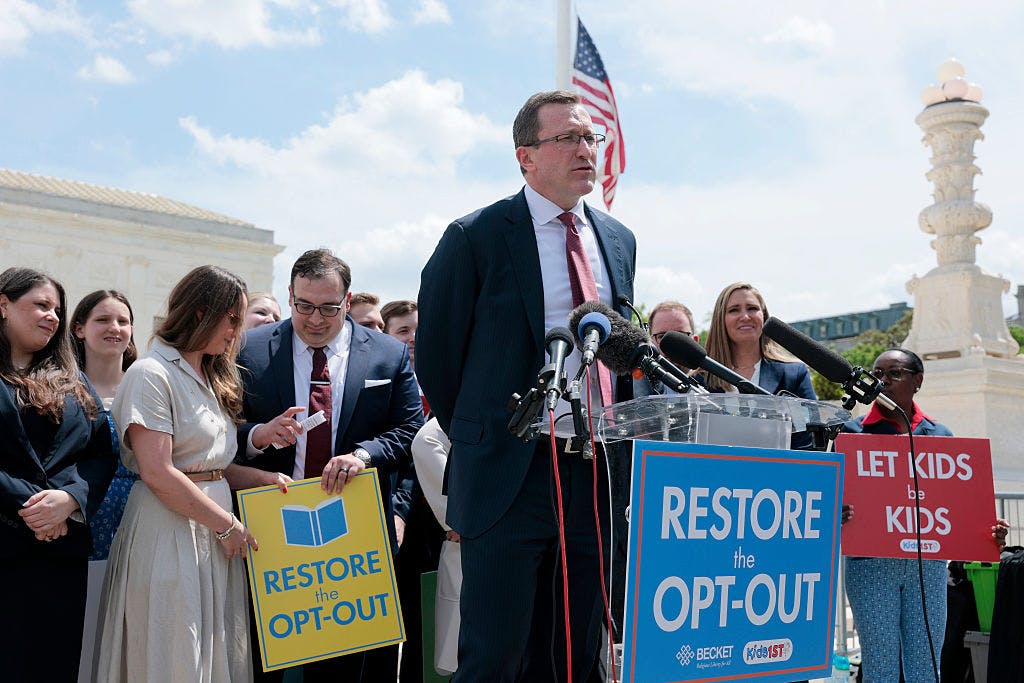California At A Crossroads: Farmers And The ‘Land Equity’ Task Force

California stands at a crossroads. The state must choose: protect the farmers who feed America or surrender its fields to ideology and bureaucratic control. California’s allegiance to bureaucrats recently became clear with the release of the California Agricultural Land Equity Task Force’s draft report. The report, released this summer, calls for redistributing farmland based on race. Framed as “equity,” the plan would use state power to favor some Californians over others in determining who can buy, lease, or work farmland. What it really represents is an unprecedented intrusion into private property rights, race-based discrimination, and a direct threat to the foundation of the state’s agricultural economy.
Live Your Best Retirement
Fun • Funds • Fitness • Freedom
The Task Force says it wants to expand opportunities for minority farmers, but its recommendations rely on racial preferences rather than productivity, stewardship, or need. It proposes below-market leases, zoning changes favoring “priority producers,” and new easement rules that devalue land already owned and managed by families who have farmed it for generations. California would be picking winners and losers not by merit, but by race. The consequences would reach far beyond the Central Valley. California supports a $61-billion farm economy, producing more than 75% of America’s fruits and nuts.
The plan is not only misguided but also likely unconstitutional. Federal courts have already rejected race-based agricultural programs, such as the 2021 post-COVID USDA loan forgiveness initiative for socially disadvantaged farmers and ranchers, because they violated the Fourteenth Amendment’s Equal Protection Clause. The same flaw runs through these recommendations — characterizing individuals according to membership in race-based groups, and then prioritizing producers on that basis.
By prioritizing one racial group over another without specific evidence of individualized harm, the state risks years of litigation and enormous taxpayer costs. It also opens itself to claims under the Fifth Amendment’s Takings Clause, since new zoning and easement-related rules could strip landowners of value without compensation.
In the unlikely event this plan survived in court, it would still fail in practice. California’s farm base is already shrinking. Between 2017 and 2022, the state lost 7,387 farms — a 10.5% decline — amid water shortages, regulatory burdens, and soaring compliance costs that have risen as much as 1,400% for some growers over two decades. Instead of addressing those pressures, the Task Force proposes a race-based social experiment that would make them worse.
When the government inserts ideology into the market, it distorts supply, raises costs, and destroys confidence. A previous big-government attempt to manage groundwater via the Sustainable Groundwater Management Act, passed in 2014 in Sacramento, shows how central planning can wreck entire regions: dry wells, empty fields, and an estimated $7 billion annual loss to the farm economy. If Sacramento cannot allocate water efficiently, it certainly cannot allocate land.
The draft report also ignores what private landowners have already achieved. Two-thirds of endangered species habitat lies on private property, and voluntary conservation programs have produced measurable gains in soil health and biodiversity. Farmers have proven they can balance production with stewardship. Replacing them with politically selected “priority producers” does not guarantee California will be more sustainable, but it certainly guarantees division between Californians.
Why does this plan sound familiar? It is eerily similar to the land redistribution system of South Africa. Under South Africa’s race-based land redistribution program, in effect since 1990, roughly three-quarters of redistributed farms failed, eroding food production and rural stability. California is poised to repeat that mistake under the same so-called moral language of restitution, with the same devastating results.
Supporters of the Task Force’s draft report will say that historic discrimination requires present action. That argument ignores both the clear constitutional limits on government power and the truth that new discrimination cannot fix old wrongs. The Constitution guarantees equality, not “equity,” and efforts to impose equity always result in the advancement of one demographic at the expense of another. Every farmer, regardless of background, faces the same crushing weight of regulation, taxation, and uncertainty. Policies that divide them by race rather than unite them around shared economic survival will deepen inequality instead of curing it.
The California Legislature must reject the recommendations made in this report and any similar proposals once finalized. Refusing the proposal would not deny opportunity; it would protect it. Lawmakers can support aspiring farmers of every background by cutting red tape, expanding credit access, improving water reliability, and safeguarding property rights. Those are fair, race-neutral tools that strengthen agriculture without tearing at its core.
This policy, if accepted, would not just affect California but the entire country. California is the salad bowl of the world and the living ground that feeds families across the country. California’s agricultural lands sustain rural communities and anchor the state’s economy. The choice before Sacramento is simple but profound: protect the farmers who feed America, or surrender their fields to ideology and bureaucratic control. The future of California’s agricultural legacy depends on getting this choice right.
* * *
Kip Thomas serves as Vice Chair of Rural Policy at the America First Policy Institute and is a recognized leader in agricultural technology and policy. He previously served as a U.S. Ambassador to the United Nations Food and Agriculture Agencies under President Donald J. Trump.
Mike Garcia serves as Chairman of the America First California chapter. A former U.S. Congressman, Garcia represented California’s 27th District and served on the House Appropriations Committee, the House Permanent Select Committee on Intelligence, and the Science, Space, and Technology Committee.
T.J. Wilson serves as the Deputy Director of Rural Policy at the America First Policy Institute. He previously served in key staff and executive roles in the USDA’s Farm Production and Conservation Mission Area, the agency’s core division serving farmers and ranchers nationwide.
The views expressed in this piece are those of the authors and do not necessarily represent those of The Daily Wire.
* * *
Right now, DailyWire+ annual memberships are fifty percent off during our Black Friday sale. Join now at dailywire.com/blackfriday.
Originally Published at Daily Wire, Daily Signal, or The Blaze
What's Your Reaction?
 Like
0
Like
0
 Dislike
0
Dislike
0
 Love
0
Love
0
 Funny
0
Funny
0
 Angry
0
Angry
0
 Sad
0
Sad
0
 Wow
0
Wow
0












































































